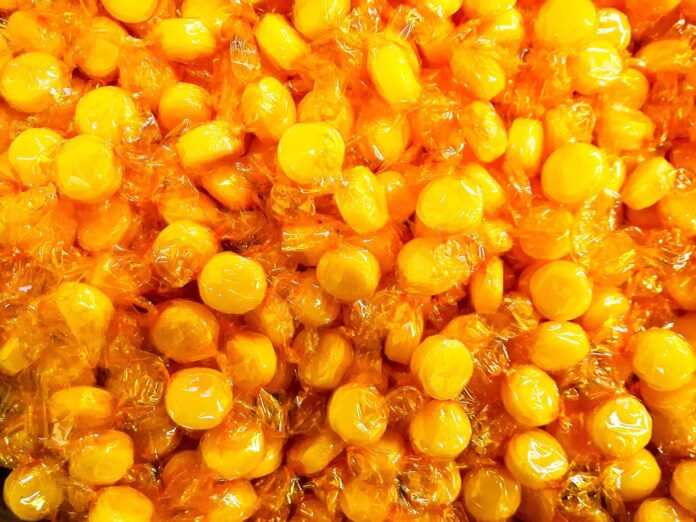The Rise of Sustainable Snack Wrappers Made from Edible Materials
In recent years, there has been a growing trend towards sustainability in the food packaging industry. One innovative solution that has gained traction is the development of snack wrappers made entirely from edible materials. These wrappers not only reduce waste but also provide a unique and eco-friendly packaging option for snack manufacturers.
The Need for Sustainable Packaging
The food industry is a major contributor to environmental pollution, with packaging waste being a significant issue. Traditional snack wrappers made from materials like plastic and aluminum are not only non-biodegradable but also often end up in landfills or oceans, causing harm to the environment. As consumers become more aware of these issues, there is a growing demand for sustainable packaging solutions that minimize environmental impact.
Edible Materials as a Sustainable Solution
One innovative approach to sustainable packaging is the use of edible materials such as seaweed, potato starch, and rice paper to create snack wrappers. These materials are not only biodegradable but also safe for consumption, making them a unique and environmentally friendly alternative to traditional packaging options. In addition, edible wrappers can add a new dimension to the snacking experience, offering a fun and interactive way to enjoy snacks.
Financial Data and Industry Insights
The market for sustainable packaging solutions is growing rapidly, with consumers and companies alike recognizing the importance of reducing waste and environmental impact. According to a report by Grand View Research, the global sustainable packaging market is expected to reach $399.3 billion by 2027, driven by increasing awareness of environmental issues and government regulations promoting sustainable practices.
Several companies have already embraced the use of edible materials for snack packaging. For example, WikiFoods Inc., a company founded by Harvard professor David Edwards, has developed edible wrappers made from natural ingredients like fruit skins and algae. These wrappers are not only biodegradable but also customizable in terms of flavor and texture, offering a novel way to package and consume snacks.
Challenges and Opportunities
While edible snack wrappers offer a promising solution to the problem of packaging waste, there are still challenges to overcome. One major challenge is ensuring the shelf life and durability of edible materials, as they may be more prone to moisture and contamination compared to traditional packaging materials. Companies in the industry are investing in research and development to address these challenges and improve the performance of edible wrappers.
Despite these challenges, the market for sustainable snack wrappers made from edible materials presents significant opportunities for growth and innovation. Companies that invest in sustainable packaging solutions stand to benefit from increased consumer demand, regulatory support, and a competitive edge in the market.
Conclusion
In conclusion, sustainable snack wrappers made from edible materials represent a promising solution to the environmental impact of traditional packaging. With the rise of consumer awareness and demand for sustainable products, companies in the food industry are increasingly turning to innovative packaging solutions to reduce waste and minimize environmental harm. By investing in edible materials for snack wrappers, companies can not only contribute to a more sustainable future but also differentiate themselves in a competitive market landscape.




